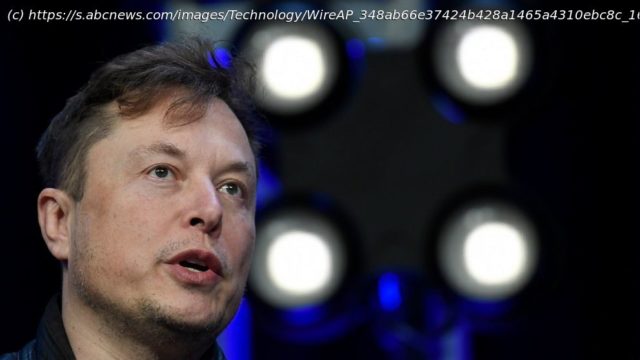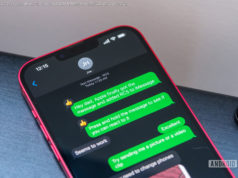Array
Twitter’s unending fight against spam accounts is now a problem for new owner Elon Musk, who pledged in April to defeat the bot scourge or “die trying!”
He later cited bots as a reason to back out of buying the social platform. Now that the billionaire has completed the deal, he’s faced with the task of delivering on his promise to clean up the fake profiles that have preoccupied him and bedeviled Twitter since long before he expressed interest in acquiring it.
The challenge carries high stakes. The bot count matters because advertisers — Twitter’s chief revenue source — want to know roughly how many real humans they are reaching when they buy ads. It’s also important in the effort to stop bad actors from amassing an army of accounts to amplify misinformation or harass political adversaries.
“The bigger picture in my mind is: How do we make Twitter a better place for everybody,” said bot-counting expert Emilio Ferrara, who worked over the summer to investigate the problem for Musk. He cited the “value of the platform as a societal experience, as a collective place to have civilized discourse and talk freely without interference from nefarious accounts,“ or scams, spam, pornography and harassment.
To find out just how bad the bots are, Musk hired Ferrara and other data scientists to investigate. At the time, he sought to prove that Twitter was misleading the public when it said fewer than 5% of its daily active users are fake or spam accounts. If Twitter lied or withheld crucial information about the bot count, Musk could argue that he was justified in terminating the $44 billion agreement.
Ferrara, an associate professor of computer science and communications at the University of Southern California, said he had no real interest in whether Musk ultimately ended up owning the platform.
Instead, he hoped that „any findings would be able to help improve the platform,“ Ferrara told The Associated Press, speaking for the first time about his planned role as Musk’s expert trial witness.
The question now is what Musk will do with that information. Ferrara’s presentation — some 350 pages of analysis and supporting documents — is locked up in confidential court filings, and he said he can’t disclose his conclusions.
Twitter’s former leaders and its lawyers said Musk wildly exaggerated the problem because he had buyer’s remorse. Precise counts are “almost impossible” because any bot estimate is based on assumptions that can lead to bias, said Filippo Menczer, a researcher who has been studying social bots for more than a decade and was consulted by Twitter earlier this year.






